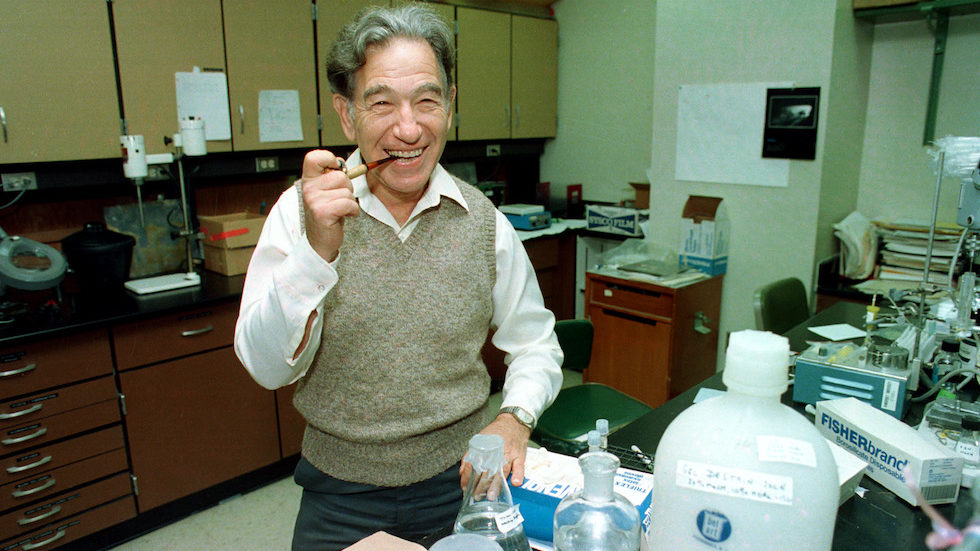Biochemist Stanley Cohen died in a nursing home in Nashville, Tennessee: in 1986 he won the Nobel Prize for Medicine together with Rita Levi Montalcini.
Goodbye Stanley Cohen. The American biochemist died today at the age of 97 in a nursing home in Nashville, Tennessee. The scientist was sick and had long since retired after a long career dedicated to research in the field of biochemistry. Born in New York on November 17, 1922, Cohen began his research career at Washington University. From the beginning he focused his attention on growth factors (growth factor), proteins capable of stimulating cell proliferation and differentiation as well as preventing apoptosis. In 1952, Cohen began collaborating with the Italian scientist Rita Levi Montalcini. The following year, the two succeeded in isolating the Nerve Growth Factor (NGF). It is a small signal protein involved in the development of the nervous system in vertebrates and consists of two units of 118 amino acids. The NGF directs and regulates the growth of axons, through cellular signaling mechanisms, is also produced in regenerative moments and for this reason it is very useful in the early stages of embryonic development allowing the creation of the brain. It is still studied today to find the cure for some of the most serious diseases affecting the nervous system, such as amyotrophic lateral sclerosis (ALS) and Alzheimer’s disease.
Stanley Cohen: The motivations of the Nobel Prize in Medicine
For over thirty years, Cohen and Montalcini deepened their studies on this protein molecule and its mechanism of action. Precisely for the results achieved in this field, the two were awarded the Nobel Prize for Medicine in 1986. The motivation for the Prize reads: “The discovery of NGF in the early 1950s is a fascinating example of how an acute observer can extract valid hypotheses from an apparent chaos. Previously neurobiologists had no idea of what processes were involved in the correct innervation of the body’s organs and tissues”. Cohen is also responsible for the discovery of a second growth factor, that of epidermal tissues (Epidermal growth factor, abbreviated EGF). The American scientist was in fact the first to isolate the epidermis growth factor in pure form. This has shed light on the processes underlying the interactions between growth factors and their receptors on the surface of the cells.
You may also be interested in —> The Nobel Prize for Chemistry 2019 awarded to the lithium batteries inventors
